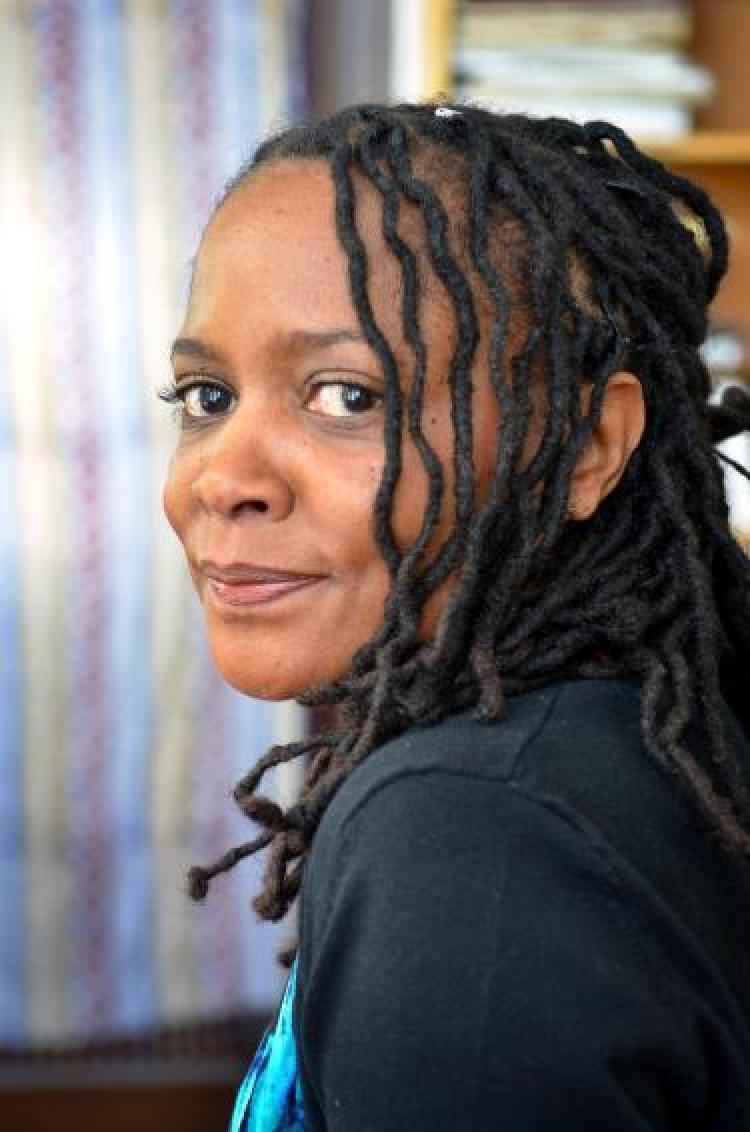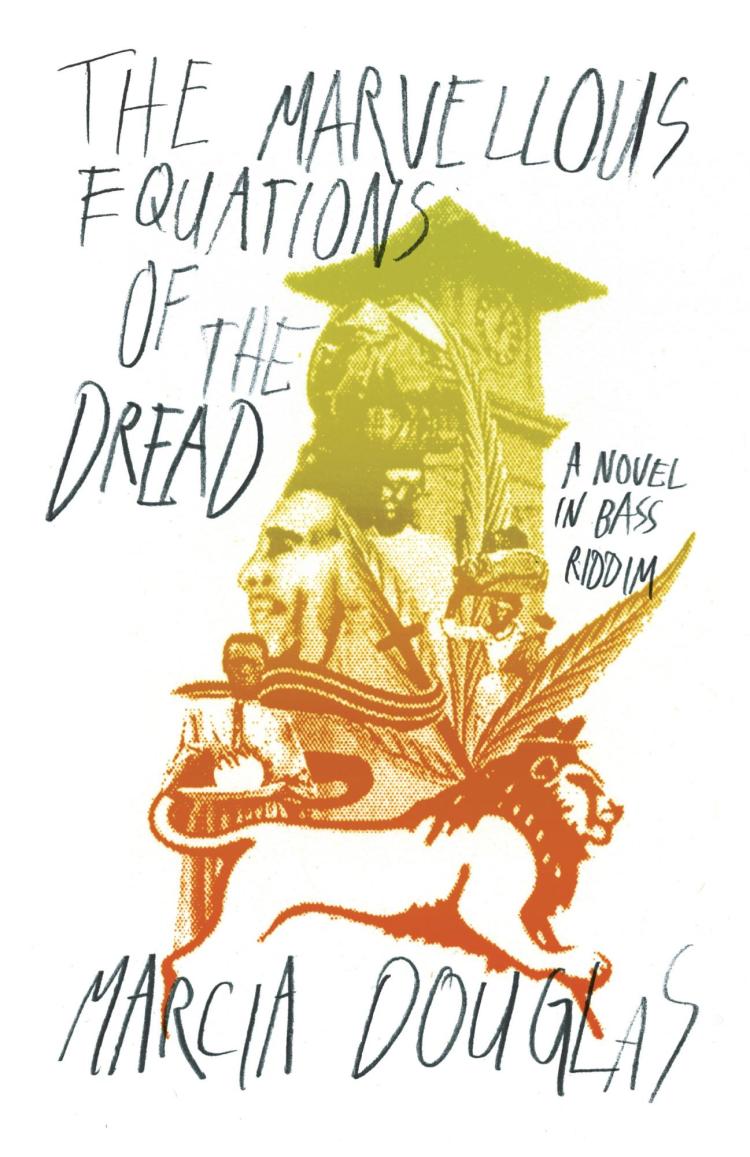Marcia Douglas, English prof and novelist, wins top literary honor
CU Boulder faculty member recognized with Whiting Award in fiction, which aims to ‘empower recipients to fulfill the promise of exceptional literary work to come’
Marcia Douglas, professor of English at the University of Colorado Boulder, has won a Whiting Award in fiction, an honor bestowed on to promising writers to “empower recipients to fulfill the promise of exceptional literary work to come.”
Douglas is one of 10 writers this year to win this honor, which comes with a $50,000 prize, the Whiting Foundation announced last week.
Douglas, author of The Marvellous Equations of the Dread: A Novel in Bass Riddim, “creates a speculative ancestral project that samples and remixes the living and dead into a startling sonic fabric,” the judges said.
“In her intricate and otherworldly fiction, Marcia Douglas brings devotion and electrifying originality to opening the painful colonial past and challenging present of Jamaica,” they observed. “Her novel announces a Big-Bang literary intelligence.”

Marcia Douglas is the author of The Marvellous Equations of the Dread: A Novel in Bass Riddim, Notes from a Writer's Book of Cures and Spells and Madam Fate as well as a poetry collection, Electricity Comes to Cocoa Bottom.
Her novel has also drawn high praise from other literary reviewers. Vanity Fair said the work was “a whirlwind of a novel that sways to an irresistible beat.” National Public Radio’s Juan Vidal dubbed it “a beautiful and otherworldly book; a work of poetry steeped in history and rich with imagination. Douglas writes with an almost Biblical diction.”
The Whiting Awards, established by the Whiting Foundation in 1985, aim to recognize early career achievement and “empower recipients to fulfill the promise of exceptional literary work to come.” So far, the foundation has given $9.5 million to 370 fiction and nonfiction writers, poets and playwrights.
“Every year, we look to the new Whiting Award winners, writing fearlessly at the edge of imagination, to reveal the pathways of our thought and our acts before we know them ourselves,” said Courtney Hodell, the foundation’s director of literary programs. “The prize is meant to create a space of ease in which such transforming work can be made.”
The Whiting Awards strive to identify exceptional new writers who have yet to make their mark in the literary culture, the foundation states, adding: “Though the writers may not necessarily be young (talent may emerge at any age), the grant ideally offers recipients a first opportunity to devote themselves fully to their own writing, and the recognition has a significant effect.”
Whiting winners have gone on to win numerous prestigious awards and fellowships, including the Pulitzer Prize, the National Book Award, the National Book Critics Circle Award, the Obie Award, and MacArthur, Guggenheim and Lannan fellowships.

Marcia Douglas's The Marvellous Equations of the Dread: A Novel in Bass Riddim novel cover.
No submissions are accepted; the 100 nominators who suggest the candidates and the judges who select the winners are all invited by the foundation, and all work anonymously. The pool of nominators changes annually and has included writers, professors, editors, agents, critics, booksellers, artistic directors of theaters, dramaturgs and directors of literary festivals.
Winners are chosen by a small group of recognized writers, literary scholars and editors who meet four times during the year to debate the work and select the final 10; this panel also changes each year.
Douglas is the author of Notes from a Writer's Book of Cures and Spells and Madam Fate as well as a poetry collection, Electricity Comes to Cocoa Bottom. Her fiction, essays, reviews and interviews have appeared in The New York Review of Books, Bomb Magazine and World Literature Today and in anthologies such as Kingston Noir, Jubilation: 50 Years of Jamaican Poetry Since Independence and Queen’s Case: Jamaican Literature.
She has been the recipient of awards and fellowships from the National Endowment for the Arts and Creative Capital.
In addition to the Whiting Awards for emerging writers, the foundation’s programs in support of literature include the Creative Nonfiction Grant for the completion of deeply researched, imaginatively written works in progress, and the Literary Magazine Prizes, which celebrate the determined and devoted publications that nurture new writers.

